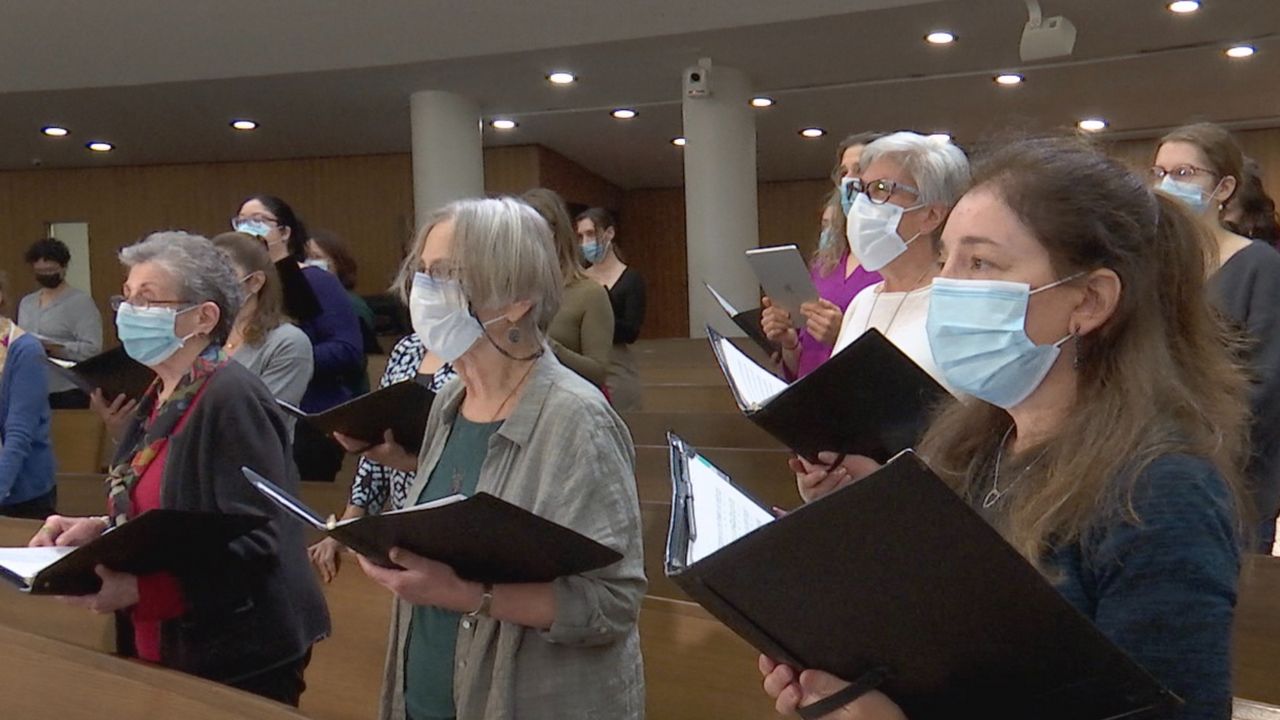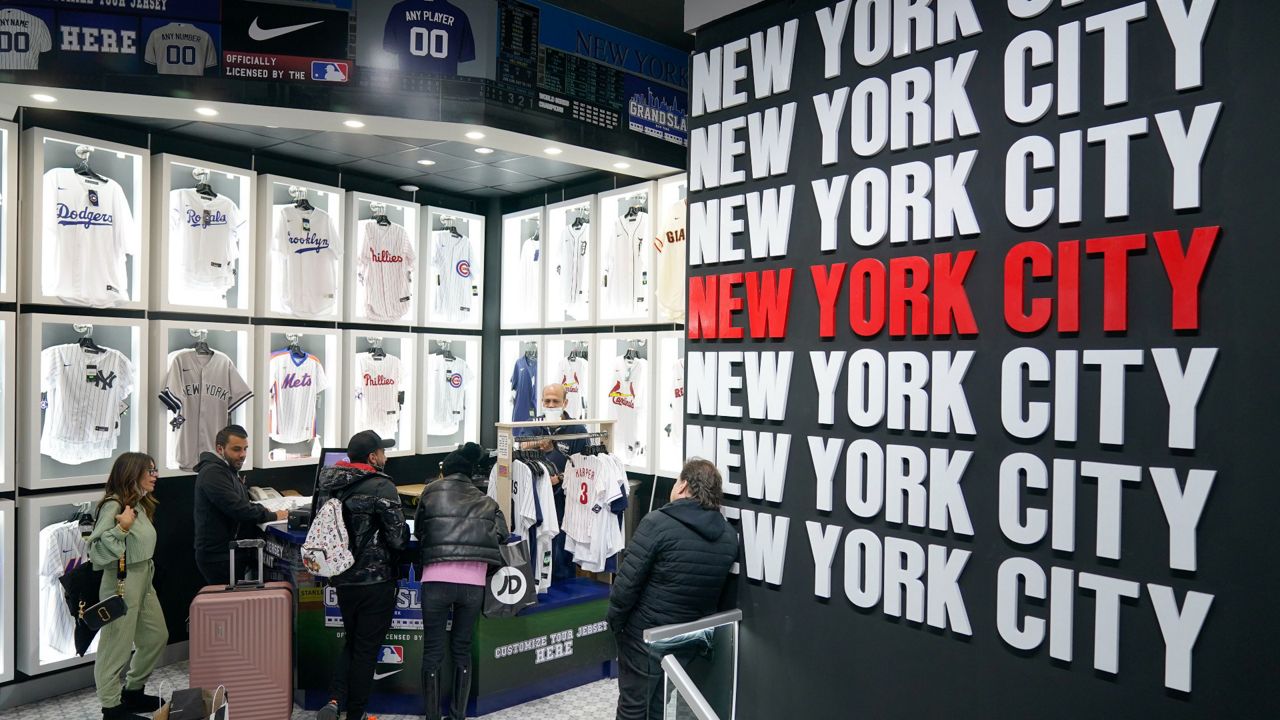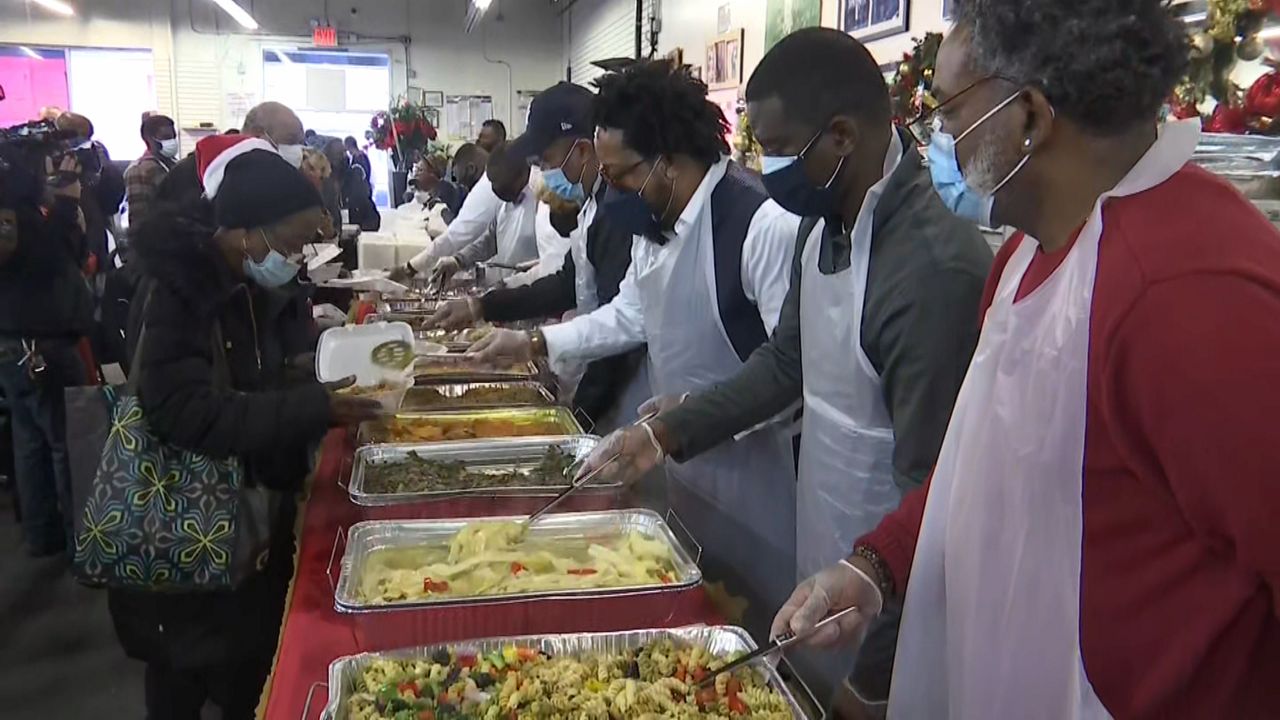The horror of September 11th, 2001 was unimaginable. Thousands of lives were snuffed out in an instant. The toxic cloud that hung in the air would eventually kill thousands more. It felt as if the city had been plunged into war.
“9/11 was supposed to be the darkest day in New York for a generation,” Governor Cuomo said earlier this year.
Then came 2020.
Coronavirus attacked more stealthily, spreading almost unnoticed until suddenly, it seemed to have the entire city in its grip. It eclipsed the 9/11 death toll in early April.
Now, the comparison is not even close. As of September 9, coronavirus has killed almost nine times as many people in New York City (23,741) as the World Trade Center attacks (2,753).
And while the terror attacks crippled the city’s economy, the economic fallout pales in comparison to 2020.
In 2002, a report from City Comptroller Bill Thompson estimated the attacks had resulted in job losses of 83,100. The pandemic has erased 770,000 jobs, even accounting for recent gains.
And in the months after 9/11, unemployment topped out at 8.3% in the city. As of this July, the unemployment rate was 20%.
And this time, there is no major rebound in sight. A recent report from the business group Partnership for New York City found as many as one third of the city’s small businesses may never reopen.
The disruption to schools could wind up lasting a year or more. In 2001, schools reopened two days after the attacks. Students returned to Stuyvesant High School, a few blocks from Ground Zero, within a month. The New York Stock Exchange, shut down for two months this spring, reopened six days after September 11th.
And while the World Trade Center attacks blew a roughly $3 billion hole in the city budget, coronavirus has created a $9 billion gap that could soon result in 22,000 layoffs.
“Here we are again in a situation absolutely unprecedented, even broader in its impact, longer term, in its impact than the horror of 9/11," Mayor de Blasio said in May. "This can only be compared to the Great Depression in terms of economic impact."
There is no overstating the trauma of 9/11, which shook the city to its core. The attacks laid waste to an entire neighborhood, which would take many years and billions of dollars to rebuild. Yet much of the city was quickly back on its feet, and back to work.
“9/11 was catastrophic, emotionally and physically and culturally. And it gave us a sense of vulnerability that we never had before,” Cuomo said. “But on the pure numbers for the economy, this has been more devastating."
And you could say the 9/11 anniversary itself has now fallen victim to COVID. This year's official ceremony will forgo the live reading of names by family members, and the Tribute in Light was nearly scratched.
But the backlash to both decisions highlights the sacred place the tragedy still holds in the city's collective psyche – even if this year, the anniversary doesn’t loom quite so large.









